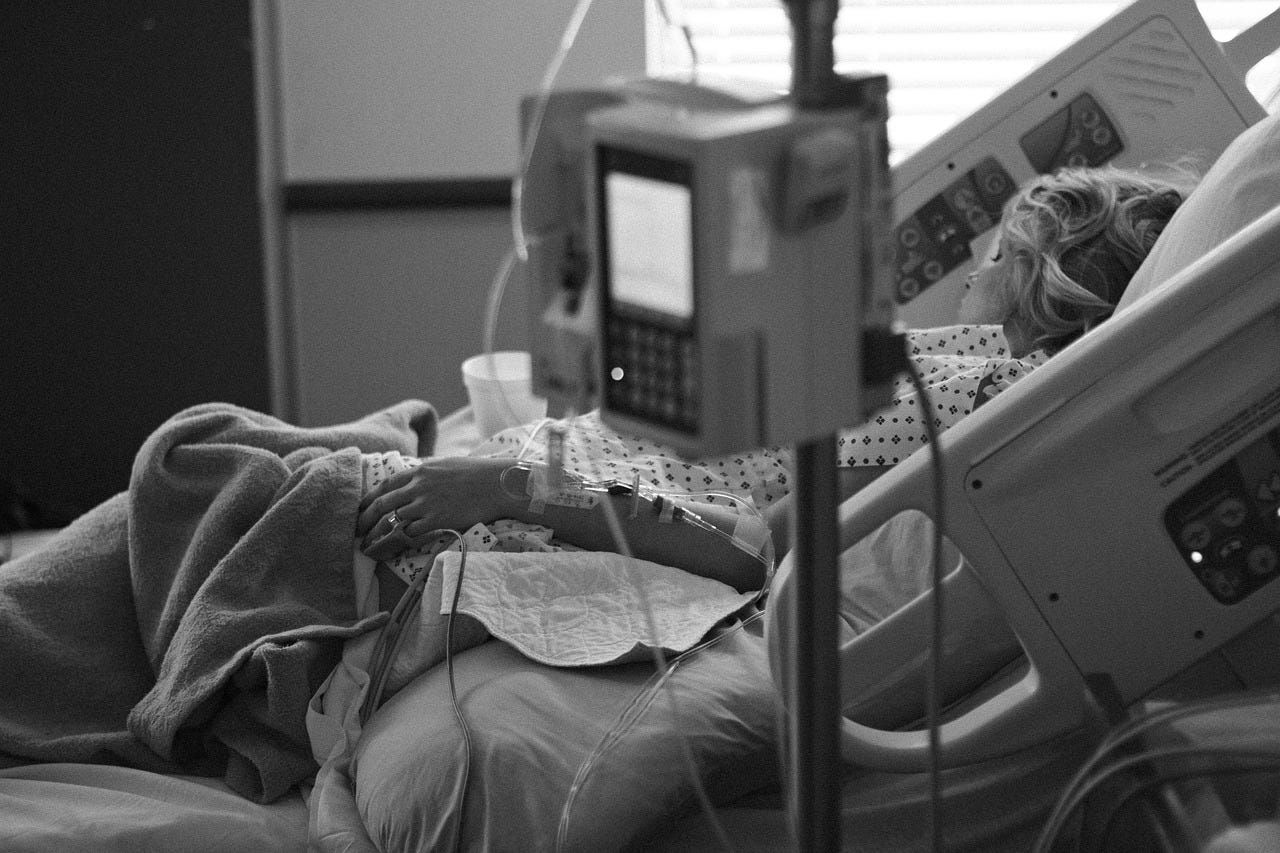The Right to Life: Assisted Dying Robs the Vulnerable of Dignity
In November, the British Parliament will debate the topic of assisted dying. Here's why it should remain illegal in the United Kingdom.
By many liberals, and even by some conservatives, assisted suicide is championed as an act of mercy. The argument being that if a person is dying in crippling pain, both the person and/or their family have a right to ‘end it mercifully’. Or, that a person diagnosed with a terminal disease has a right to end their lives before they get to that stage, ensuring that their final months are not full of pain, misery and helplessness.
Libertarians too might add to this a belief that the right to personal autonomy alone should be the guiding principle behind how to vote on the matter; that being able to choose when and how to die is a great victory for an individual’s right to self-determination.
It is undeniably good that people want to minimise the suffering of others and maximise their liberty — these are of course good things to want to do. But assisted suicide only seems like an extension of these beliefs at a first glance. A more prudent examination of assisted suicide might show, as I and many other campaigners believe it does, that the mercy and liberty that assisted suicide presents is merely superficial, and in the long term, harms both of those things.
In fact, it does the opposite of the intention. It opens the door to a grisly reality where those deemed ‘weak’, ‘lesser’ or ‘a burden’, by either themselves or others, are able to end their lives prematurely. As are those who are simply desperate or mentally unwell.
And this is not a ‘slippery slope’ argument. It is a reality, one that can lead to a dangerous mindset not dissimilar to eugenics, where society sees some lives—those of the elderly, the mentally ill, the disabled—as less worthy of protection.
Let’s take the example of Dutch national Zoraya ter Beek. Zoraya lived with chronic depression and anxiety, as well as trauma, autism and an unspecified personality disorder. Purely on the grounds that she was suffering with mental health issues — not that she was receiving end-of-life care — she was granted the right to end her life. In May 2024, she committed suicide with the help of her ‘care-givers’. She was only 29 years old.
The Netherlands isn’t the only place where allowing the mentally ill a legal opportunity to commit suicide is considered either. In 2024, Canada had plans to legalize assisted suicide for the mentally ill by 2027. Luckily, the initiative has been met with delays and has not become law.
Those suffering from mental illnesses do not need a legal avenue into suicide to confront or remedy their problems. If a person is suffering from suicidal ideation, then the appropriate response is not to fulfil their desires, that born out of psychological distress and emotional anguish. The appropriate response is care, support, government-backed initiatives that help prepare them for, and subsequently keep them in, work.
Whether physically or mentally sick, patients need a support. Not a doctor asking if they would like to die — which is what happened to one Canadian woman diagnosed with breast cancer, who was offered assisted suicide several times instead of a mastectomy.
It is apparent then, that while the intentions of those who support ‘assisted dying’ might be directed by a genuine want to be compassionate, or to embolden the autonomy of the individual, the actual implications are very different. Instead the policy, where passed into law, has shown to bring with it an uncaring, cold and cynical reality. There is no pursuit of mercy or personal autonomy when the vulnerable — those experiencing feelings of worthlessness, or overwhelming pain — are encouraged to end their lives instead of receiving the care and support they need.
Instead of offering death as a solution, governments should focus on ensuring that palliative care keeps patients comfortable and that all citizens are able to access high quality and diverse healthcare options.
*Image retrieved from PixaBay; Royalty Free



